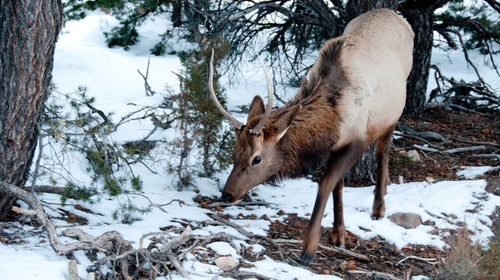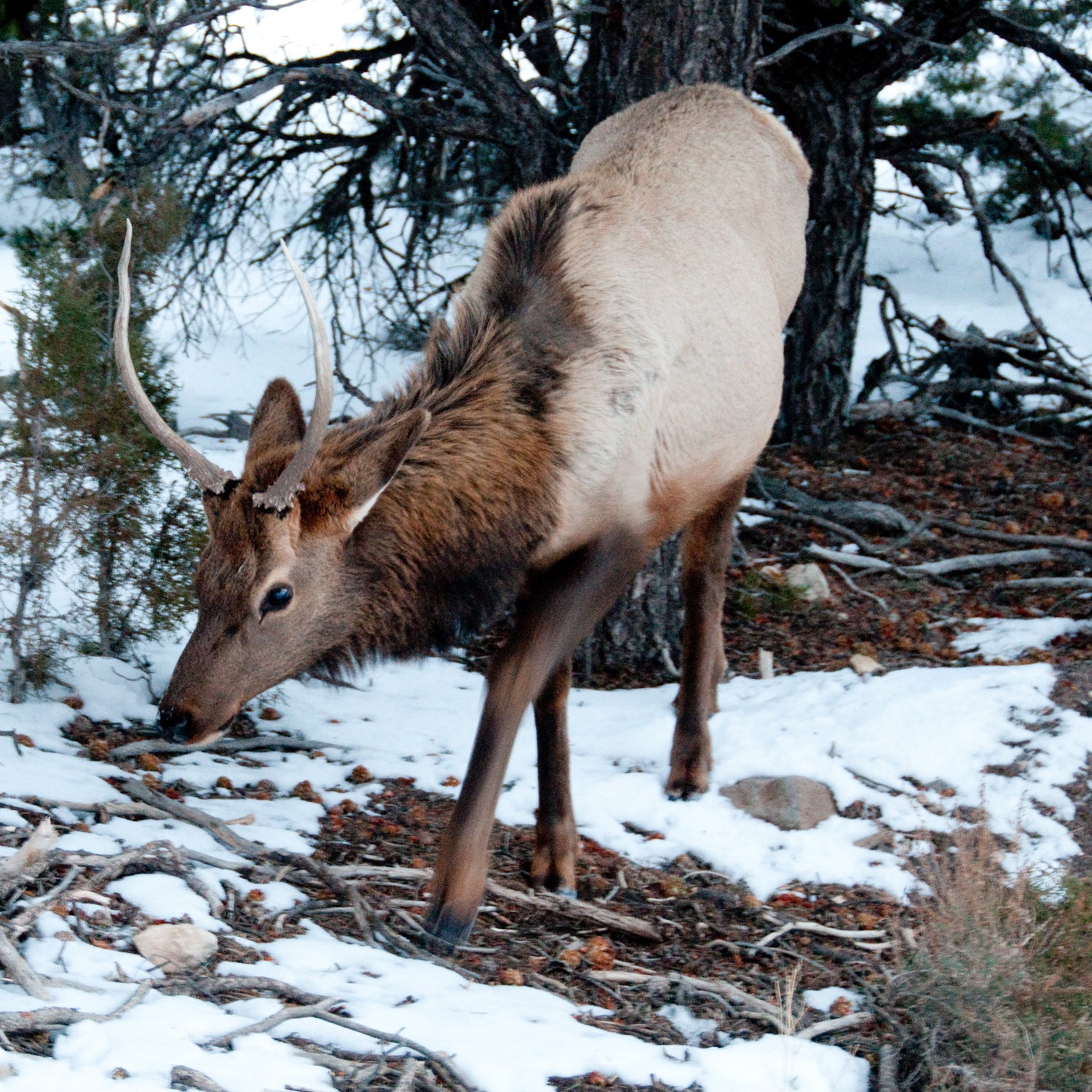A in the scientific journal ��raises questions about how the presence of humans affects��wild animals and their susceptibility to predators. For the��paper, researchers at the University of California, Los Angeles (UCLA)��examined data of��observed animal behavior from scientists around the world.��Dan Blumstein, professor and chair of the department of ecology and evolutionary biology at UCLA, is the corresponding author of��the paper,��“How Nature-Based Tourism Might Increase Prey Vulnerability to Predators.”
With ecotourism, or nature-based tourism, Blumstein told�������ԹϺ�����on Monday,��there is evidence that animals can become more tolerant of humans. “The question we’re asking��is, ‘Does this mean they become more vulnerable to predators?’”��he said. “The degree to which animals become dumb around humans is a really interesting question.”
The paper examines the link between wild animals’ gradual domestication through interaction with humans in high-traffic areas��like wilderness preserves. Due to their close proximity to humans, these animals��live in a kind of protective net from predators. As they breed, they pass down domestic traits, changing the species generation by generation. Blumstein’s paper asks whether this poses a danger to the animals both immediately and in the long-term, especially if the protection that human presence��provides from predators��is removed.��
While these changes may not seem as critical for species like deer or squirrels, the stakes are higher��when dealing with already-stressed populations, specifically endangered species. For��at-risk��populations, the loss of several animals (due to domestication and its impact on the animal’s ability to escape��predators)��could result in a stable population moving into decline, Blumstein said. He also said��that the paper’s results call for additional research to discover a timeline of when these changes take place. Park managers could use the resulting data could when implementing zoning, which would offset high-traffic areas with areas that have restricted access, allowing animals little to no interaction with humans. This method is already practiced in the Galapagos��Islands and select other areas around the world, according to Blumstein.��
“The true ecotourists are going to be the most amenable to thinking critically and wanting to get more information, and then presumably wanting to minimize their impact,” Blumstein said.


